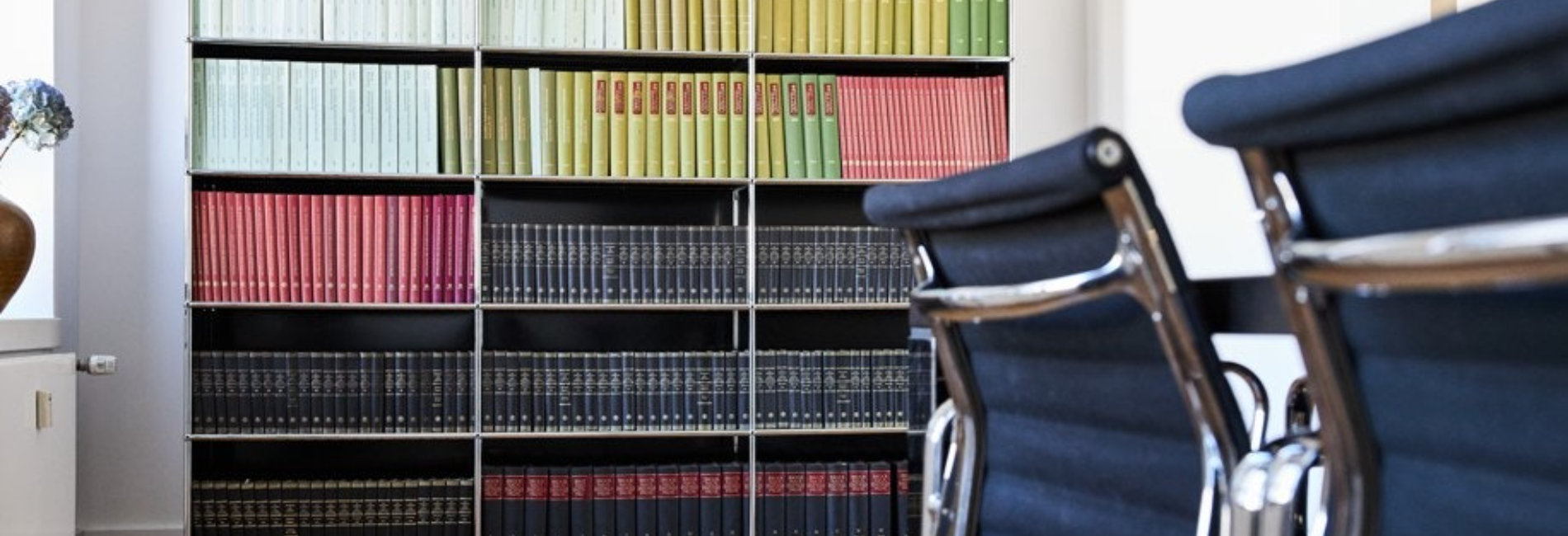
Latest News.
The Court of Appeal of the Unified Patent Court (UPC) has clarified its case law on provisional measures in a series of decisions.
I. UPC_CoA_540/2024, 24.02.2025 – Necessity
In this decision, which was issued between competitors in the medical technology sector, the Court of Appeal emphasizes that the adoption of provisional measures requires that it can be proven that the outcome of the main proceedings cannot be awaited (so-called necessity). This is explicitly stated in the 22nd recital of the Enforcement Directive (2004/48/EC). A merely summary scope of review is only justified if the main proceedings cannot be awaited, for example if there is a threat of irreparable damage, although this is not a mandatory requirement.
In the specific case, the Court of Appeal did not consider interim measures necessary because the patent was granted in existing competitive relationships. The challenged product had already been on the market for years, which is why the applicant did not succeed in proving that this “status quo” now had to be changed for the time being and that the main proceedings could not be awaited.
Further attempts by the applicant to prove the necessity of their request were also unsuccessful. According to the Court of Appeal, it could not be concluded from participation in a trade fair last year that the product would also be exhibited there on the upcoming date. The applicant had to prove that the specific product would actually be exhibited at the trade fair. Nor did the applicant succeed in proving that the products were typically stocked, which would lead to a longer loss of demand. The respondent proved that a substitute was now available and that the challenged product was no longer sold in large quantities.
With regard to past tenders from major customers, it was also not sufficiently proven that the contract was awarded in favour of the respondent and to the detriment of the applicant.
The decision is a warning to applicants for interim measures not to underestimate the burden of proof regarding the necessity of their request. Trade fairs in particular are often the starting point for patent law disputes. As discussed, the Court of Appeal here requires proof that the specifically challenged product will actually be or is being exhibited.
II. UPC_CoA_523/2024, 03.03.2025 – Risk of first infringement
In further proceedings, the applicant was able to obtain a preliminary injunction against a competitor and its herbicide. The Court of Appeal confirmed the injunction. The special feature of the case was that the applicant was seeking an injunction in all countries in which its European patent had been validated, but the respondent had not yet been able to obtain official approval for its weedkiller in all of these countries.
In previous decisions (CFI_165/2024 and CFI_166/2024 of 06.09.2024), the Düsseldorf Local Division had ruled that there was no risk of first infringement if there was not yet a marketing authorization for a pharmaceutical product. However, this should always be considered on the basis of an overall assessment of the individual case.
And indeed, the current decision of the Court of Appeal distinguishes as there was already a marketing authorization at least in individual states of the UPC area. Therefore, there was a risk that such market authorizations could be granted for further EPG states in the future and that distribution would be expanded.
The decision thus fits into the existing case law. It is practice-oriented and offers patent proprietors the protection they expect from a multinational court, as the legal examination does not end at national borders. Since the problem of the risk of first infringement in the absence of market authorization often arises with pharmaceutical products, the practitioner can remember the keyword “risk of infection” here. Market authorization in individual validation states is sufficient to infect others with the risk of first-time use.
III. UPC_CoA_382/2024 14.02.2025 – General ruling and information
In the last decision discussed here, the Court of Appeal confirmed a so-called general injunction. The respondent was ordered to refrain from all patent-infringing acts, even though no patent-infringing products had been manufactured in Germany to date. This approach is, for example, foreign to the national courts in Germany, which only assume the risk of first infringement and repetition for acts that have already occurred, are imminent or occur downstream in the distribution chain. Accordingly, production is therefore not usually prohibited if only distribution has taken place to date.
The Court of Appeal is thus following the example of British and Dutch courts, which are familiar with such a general injunction of any kind for first-time infringements. It therefore comes as no surprise that the decision was made by the Court of Appeal’s second panel, chaired by Rian Kalden from the Netherlands, following the first-instance decision by the local division in The Hague.
The decision also confirms that applicants can also obtain information under Art. 67 UPCA in interim proceedings in order to uncover further distribution channels. However, the Court of Appeal makes clearifies that this should not generally include price information. This is primarily relevant for the determination of damages following the main proceedings.
For German practitioners in particular, this means a change of wind. Section 140b (3) in conjunction with (7) German Patent Act does not grant the court any discretion (“must provide information”). Subsequently, German courts have also ordered the respondent to provide price information by way of interim injunctions.
For this reason, Section 140b German Patent Act is regarded by parts of the literature as a transposition error of the Enforcement Directive (see for example: Ann, 22nd edition, § 35, para. 105). It seems unfair to provide the patent proprietor with price information that enables them to make offers that distort competition, even though the patent infringement has not yet been established in the main proceedings.
The Unified Patent Court does not continue to do so and exercises its discretion under Art. 67 UPCA in a textbook manner.
